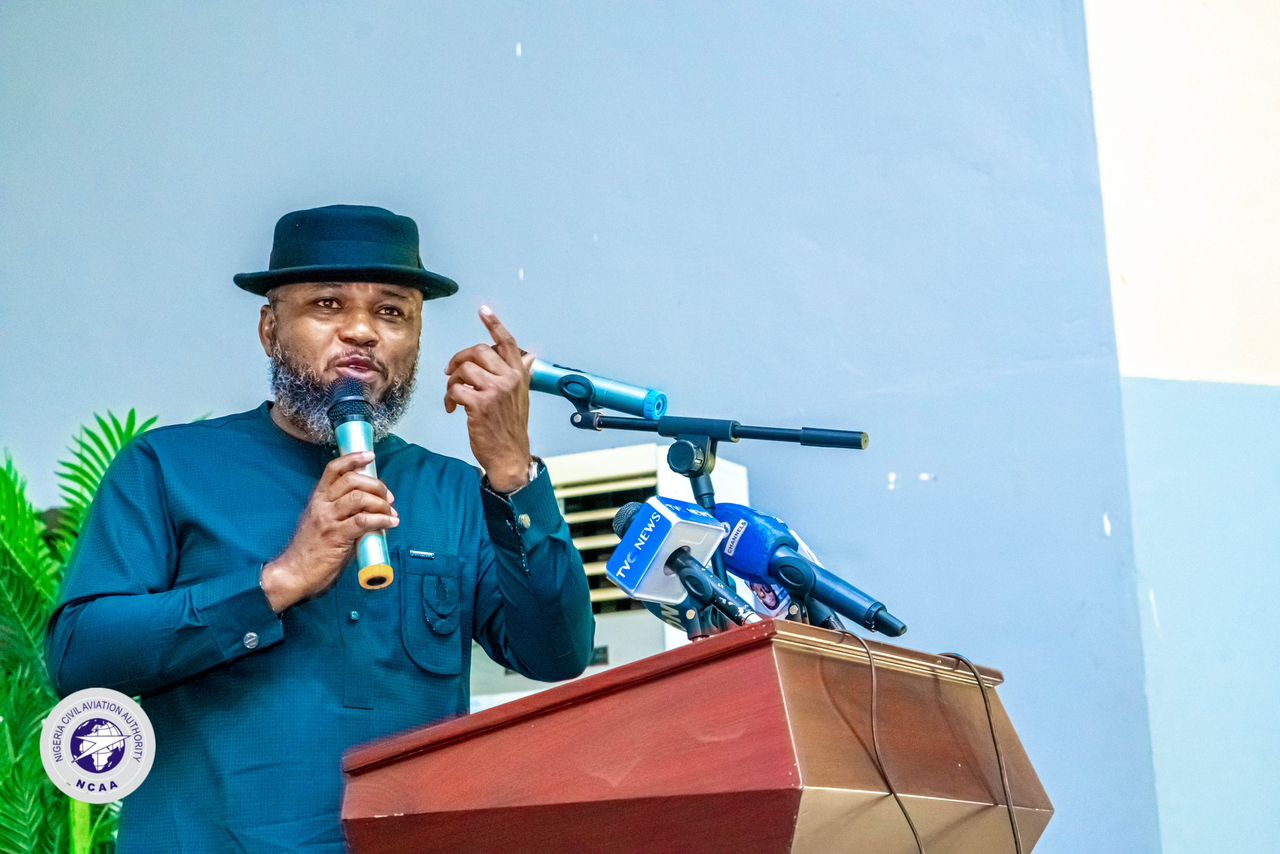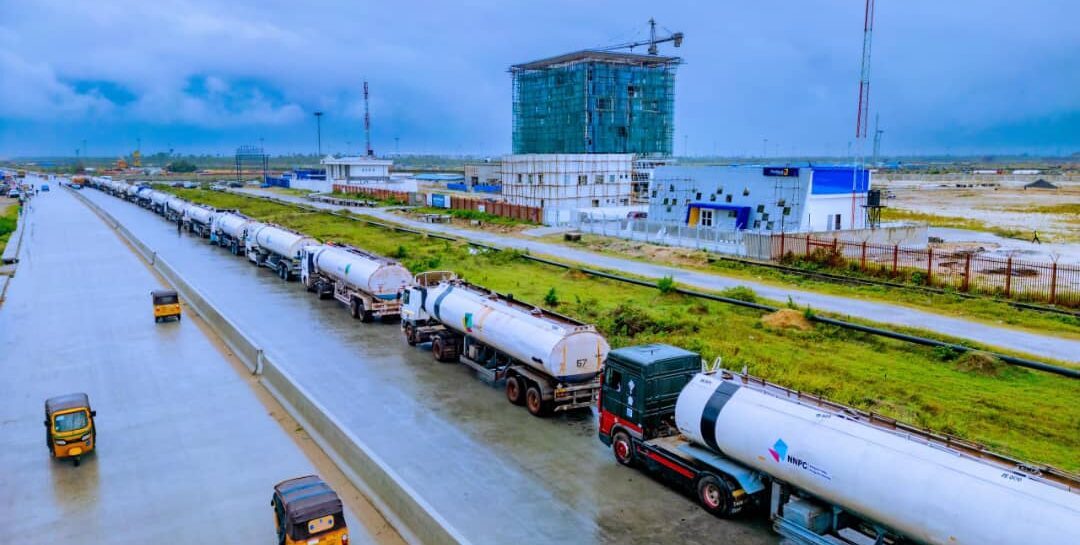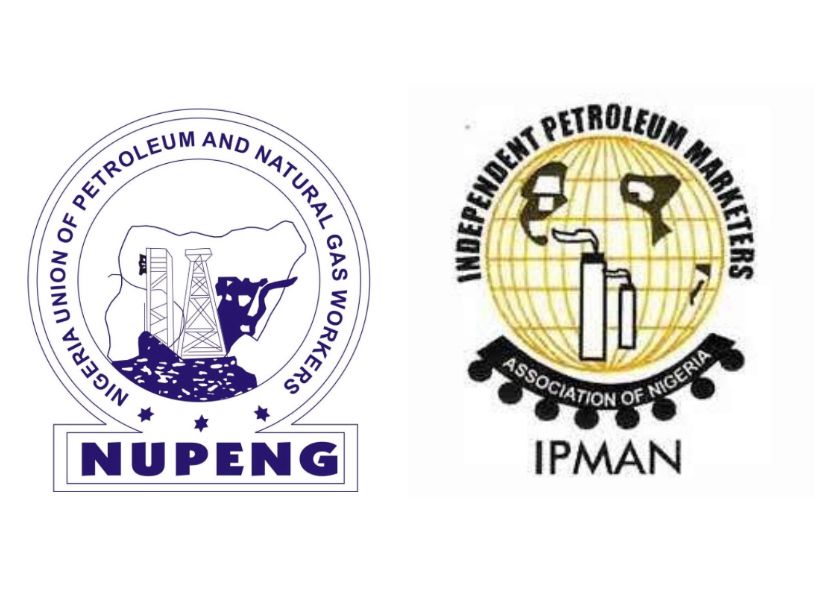By James Nwachukwu
His decision to reinstate the old, venerable Nigeria’s national anthem, with its majestic, scintillating and evocative lyrics “Though tribe and tongue may differ, in brotherhood we stand,” in 2023 was no doubt visionary. It was a clarion call for unity and cohesion in a nation ardently yearning for harmony. This stirring anthem, though unfamiliar to many young Nigerians of the present generation, speaks directly to the heart of national unity, transcending parochial divisions and resonating profoundly with the collective aspiration for a harmonious and indivisible Nigeria.
But President Bola Ahmed Tinubu’s decision was not an isolated incident. As Governor of Lagos in late 1990s and 2000s, he demonstrated a commitment to inclusivity by appointing commissioners and delivering political appointments to individuals without filial affinity to the state. This approach which prioritized nationalism over parochialism gives credence to his vision for a united Nigeria even many years before he became the country’s President.
As President, he has also prioritized equity and equality such that his efforts to balance political equations among tribes and geopolitical zones of Nigeria in his cabinet appointments so far have also been noteworthy. At least, the appointment of Service Chiefs within the military and others in the para-military received an applause as major tribes and geopolitical zones were represented.
By ensuring fair and equal representation, Tinubu allayed fears of marginalization and obviously promoted a sense of belonging among Nigerians.
However, a recent development, very disturbing, has raised questions about the country’s commitment to unity. A bill aimed at promoting national integration and unity, sponsored by the Deputy Speaker of the House of Representatives, Rt. Hon. Benjamin Okezie Kalu and six others, was withdrawn due to scathing opposition that took the form and dimension of tribalism and ethnicism, fanning the embers of divisions.
Put succinctly, the bill sought to alter the Constitution to guarantee indigene status to persons by reason of birth, continued residence, or marriage.
Granted that the concept of identity can be complex in a country as diverse as Nigeria with over 250 ethnic groups and languages, the provisions of the bill which aimed to promote social integration and eliminate discrimination against non-indigenes are straightforward.
The bill stipulates that a Nigerian citizen would be considered an indigene of a state if they were born there and lived there continuously for at least ten years or resided in a local government area within the state for a minimum of ten consecutive years, with evidence of tax payment.
But hardly had the bill undergone legislative processing in the House when a torrent of ostensibly orchestrated social media attacks erupted, unfolding with precision and ferocity, akin to a well-targeted campaign. Surprisingly, the barrage of attacks was sustained, extending even beyond the digital realm, precipitating muted protests in certain regions of the nation.
Against this background and on the need to make further consultations, the proposed piece of legislation was withdrawn last week by the Deputy Speaker in deference to certain recommendations proffered by the National Institute for Legislative and Democratic Studies (NILDS).
To be unequivocal, the withdrawal of the bill is a setback for Nigeria and those who believe in the importance of national unity and cohesion. It highlights the challenges of promoting inclusivity in a country with deep-seated, virulent divisions, stereotypes and prejudices. Nevertheless, the idea of a united Nigeria, where every citizen feels valued and included, remains a compelling one.
May be, it is time again for Nigerians to reflect on their shared values and priorities. What actually do they want as a people? Do they want to continue to be defined by their differences, or can they work towards a more inclusive and united society? Of course, the answer to these questions squarely lie in their collective willingness to embrace their inherent diversity and promote national cohesion. Here again, the lyrics of the restored national anthem continue to resonate: “Though tribe and tongue may differ, in brotherhood we stand.” It’s time for Nigerians to live by these words.
Interestingly, one of the bill’s co-sponsors as seen is the esteemed Hon. James Faleke, a Kogi State native who has since established his political foothold in Lagos State; his involvement wouldn’t have been likely if the bill’s underlying principles lacked merit.
At this juncture, one is compelled into a flashback of alluring yesteryears where an Hausa/Fulani man from Sifawa in Sokoto Caliphate, Mallam Umaru Altine was elected the first Mayor of the City of Enugu, the heart land and heartbeat of the Igbo Nation in 1952 where he served till 1958.
In the contemporary Nigeria, an Osun State man named Adebayo employed by the erstwhile government of late Dr. Chukwemeka Ezeife into the Anambra State civil service was made a Permanent Secretary by the administration of Professor Charles Soludo.
Similarly, in Abia State, Governor Alex Otti in January this year appointed an indigene of Edo State, Mr. Benson Ojeikere as the Head of Service for the Abia State Civil Service. Ojeikere arrived Abia State as a Youth Corps member and was later offered automatic employment after a meritorious service year. He rose through the ranks, previously serving as a Permanent Secretary in the Abia State Government House before his new position. That is the spirit that should dot a united Nigeria.
For purposes of accentuation and permeation, the Indigeneship bill is not controversial in any way especially when viewed in the context of global best practices. Many countries have successfully implemented policies that prioritized national identity over tribal or ethnic affiliations.
Rwanda, in particular, stands out as a prime example of a nation that has made significant strides in promoting national cohesion and inclusivity.
By abolishing tribalism and embracing a unified national identity, Rwanda has been able to foster a sense of shared citizenship and belonging among its people. The fact that Rwandans no longer identify as Hutus or Tutsis, but rather as Rwandans attests to the power of national unity and togetherness.
The country’s experience in promoting national unity and reconciliation is a valuable lesson for Nigeria. By downplaying ethnic differences and emphasizing national identity, the country has made significant strides in building a cohesive society. Nigeria can learn from this example and work towards creating a more unified nation.
What about Australia, a country with a complex history of division between the Aboriginal people and the European settlers? The Aboriginal people have been living in Australia for thousands of years, developing a rich culture and spiritual connection to the land. However, with the arrival of European colonizers, they faced significant challenges, including displacement, violence, and marginalization.
But 25 years ago, history was made. Catherine Freeman, an iconic Australian athlete won the 400m gold medal at the 2000 Sydney Olympics. Her victory ushered in a moment of great pride and celebration for many if not all Australians, particularly the Indigenous community.
Freeman’s achievement helped to bring people together, highlighting the importance of reconciliation and recognition of Indigenous Australians’ contributions to the country.
Today, that legacy extends beyond athletic achievement as the impact continues to be felt, inspiring future generations to work towards a more inclusive and equitable society.
Many Nigerians who witnessed the Australian High Commission reception and film event to celebrate their National Aborigines and Islanders Day Observerance Committee ( NAIDOC) 2025 at Musa Yar’Adua Center, Abuja last week will speak to the spirit of unity which Freeman’s victory instilled in the people. For them, it was all about Australia. Not the Aborigines. Not the Europeans.
In light of this, the criticisms leveled against the Indigeneship Bill seemed misplaced. The bill is not about erasing cultural identities, power tussle with the Aborigines or usurpation of assets, but about promoting a sense of national belonging and unity. It is a necessary step towards recalibrating the statecraft of Nigerianship and cementing the unity of the country.
Moreso, the passage of the bill would have served as a timely reminder to leaders at all levels of government of the importance of promoting inclusivity and national cohesion.
The recent actions of some local government chairmen in Lagos State, who renamed streets and removed names of particular tribes, are a case in point. Such actions are not only divisive but also undermine the efforts of the federal government under President Tinubu to promote national unity.
In a country as diverse as Nigeria, it is imperative that unity and inclusivity are given utmost priority. As the national anthem so eloquently puts it, “Though tribes and tongue may differ, in brotherhood we stand.”
The power of unity is a tool for nation-building. By prioritizing unity over parochialism and tribalism, Nigerians can begin to see themselves as part of a larger national identity, rather than being defined solely by their tribal affiliations. This shift in perspective can help citizens to see beyond their tribal identities and work towards a common goal which is ultimately, a united and prosperous Nigeria.
On his part, President Tinubu, guided by his quest for national integration should intervene in the goings-on in his native Lagos and halt the display of apparently, unpatriotic treatment against a tribe in Nigeria, at least for the same reason he dug up and dusted the ancient national anthem for contemporary use. Those who are craving to be citizens of other countries, expecting to be accorded the same rights and privileges enjoyed by the indigenes of those countries cannot be seen to be pursuing mundane agenda, unabashedly displaying tribal sentiments. Nigerians can’t be seen to be displaying hypocritcal and deceitful dispositions with the chanting of “Though Tribe and Tongue May Differ, In Brotherhood We Stand” in the national anthem while promoting and promulgating ethnic, tribal and religious bigotry.
Let us strive to create a society where every citizen feels valued and included, regardless of their background. The Indigeneship Bill is a step in the right direction, and every Nigerian should prevail on the Deputy Speaker and his colleagues to bring it back for consideration and eventual passage into law. That is a way to grow to nationhood.
+Nwachukwu, a policy analyst, writes from Umuahia, Abia State capital
The post Indigeneship Bill Withdrawal: Has Nigeria Missed Another Opportunity To Further Promote National Unity? appeared first on THISDAYLIVE.




